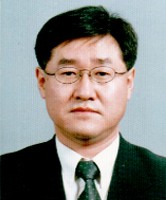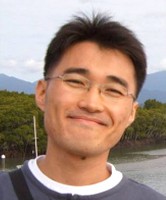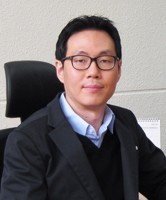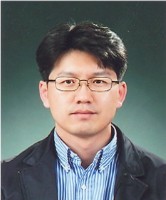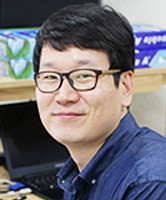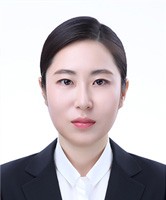KNU College Engineering.
Enjoy Engineering! Make Dreams Real!
Schools/Departments
- School of Mechanical Engineering
- School of Architecture
- DEPARTMENT OF MATERIALS SCIENCE AND METALLURGICAL ENGINEERING
- Department of Civil Engineering
- Department of Applied Chemistry
- Department of Chemical Engineering
- Department of Polymer Science and Engineering
- School of Materials Science and Engineering
- Department of Textile System Engineering
- Department of Environmental Engineering
- School of Energy Engineering
Home Schools/Departments> School of Energy Engineering
School of Energy Engineering

School of Energy Engineering
- + 82-53-950-8970
History
The development of human society has been achieved by various types of energy supply and use. In most cases, energy is supplied from fossil energy such as oil, coal and natural gas. However, as fossil energy reserves are limited, it is impossible to use fossil energy to the end of time. Moreover, the production and consumption of fossil fuels basically causes environmental pollution.
Particularly, while Korea's independent development rate of petroleum and gas, accounting for about more than 50% of total energy supply, is considerably low, in terms of energy consumption Korea ranks 10th in the world. Moreover, due to industrial structure of large energy consumption, it has poor ability to cope with changes in international energy market. For that reason, it is urgent to develop new alternative energy to overcome future energycrisis. In order to actively deal with this situation, the School of Energy Engineering was established in March, 2011.
Particularly, while Korea's independent development rate of petroleum and gas, accounting for about more than 50% of total energy supply, is considerably low, in terms of energy consumption Korea ranks 10th in the world. Moreover, due to industrial structure of large energy consumption, it has poor ability to cope with changes in international energy market. For that reason, it is urgent to develop new alternative energy to overcome future energycrisis. In order to actively deal with this situation, the School of Energy Engineering was established in March, 2011.
Objective/Scope
As a new convergence science based on various fields including physics, electricity, material and chemical engineering, Energy Engineering is a field of study of developing various technologies for production and utilization of new energies which are eco-friendly and economic. According to education, experiment and research through the whole courses on energy engineering, this school focuses on training high-skilled people who have diversity on related fields, specialty, creativity and leadership and conducting education and research to lead scientific technology in the energy field.
Undergraduate/Graduate Program
The School of Energy Engineering is divided into two subdivisions, renewable energy and energy conversion. The renewable energy major includes courses in solar cells, hydrogen energy, nuclear power, etc. Moreover, the energy conversion major includes courses in power electronics, electric machinery, power system, energy storage and transportation, etc.
The School of Energy Engineering offers two different Graduate programs leading to the degrees of Master of Science and Doctor of Philosophy. The graduate curriculum provides the students with theoretical and practical research and experience on the renewable energy, nuclear energy and energy conversion.
